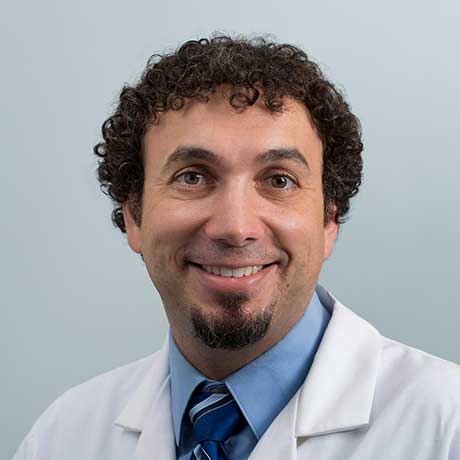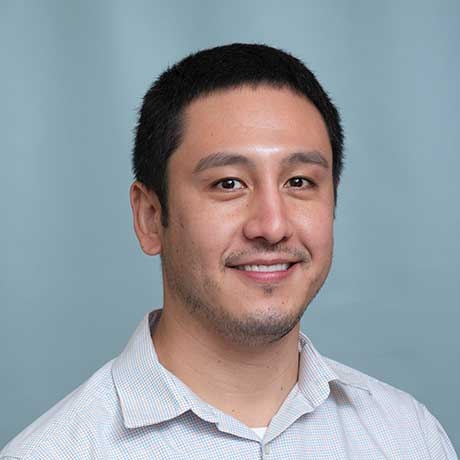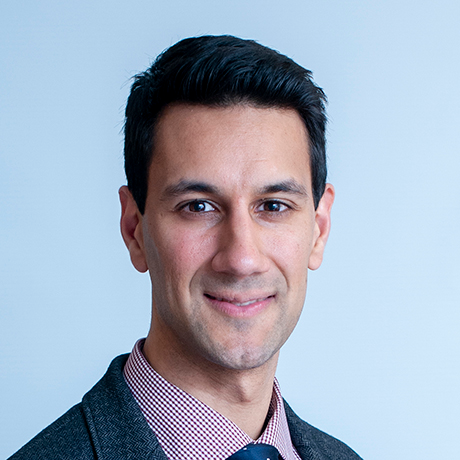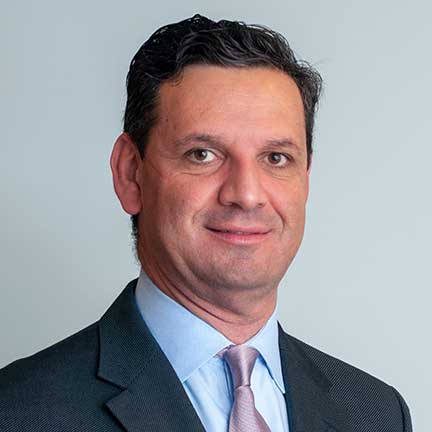-
- Find Care
-
- Visitor Information
- Find a Location
- Shuttles
- Visitor Policies
-
-
- Our Virtual Care Options
- Virtual Urgent Care
- Virtual Visits for Primary & Specialty Care
- Online Second Opinions
- Participate in Research
-
- Contact us
-
- For Innovators
- Commercialization Guide for Innovators
-
-
- Research News
- Alzheimer's Disease
- Artificial Intelligence
-
- Overview
-
- Overview
- Getting Started
- New to Mass General Brigham
- International Patient Care
- What Is Patient Gateway?
- Planning Your Visit
- Find a Doctor (opens link in new tab)
- Appointments
- Patient Resources
- Health & Wellness
- Flu, COVID-19, & RSV
- Billing & Insurance
- Financial Assistance
- Medicare and MassHealth ACOs
- Participate in Research
- Educational Resources
- Visitor Information
- Find a Location
- Shuttles
- Visitor Policies
- Find Care
-
- Overview
- Our Virtual Care Options
- Virtual Urgent Care
- Virtual Visits for Primary & Specialty Care
- Online Second Opinions
-
- Overview
- Participate in Research
-
- Overview
- About Innovation
- About
- Team
- News
- For Industry
- Venture Capital and Investments
- World Medical Innovation Forum (opens link in new tab)
- Featured Licensing Opportunities
- For Innovators
- Commercialization Guide for Innovators
- Contact us
-
- Overview
- Information for Researchers
- Compliance Office
- Research Cores
- Clinical Trials
- Advisory Services
- Featured Research
- Two Centuries of Breakthroughs
- Advances in Motion (opens link in new tab)
- Brigham on a Mission (opens link in new tab)
- Gene and Cell Therapy Institute
- Research News
- Alzheimer's Disease
- Artificial Intelligence
-
- Overview
-
- Overview
- Residency & fellowship programs
- Brigham and Women's Hospital
- Massachusetts General Hospital
- Mass Eye and Ear
- Newton-Wellesley Hospital
- Salem Hospital
- Integrated Mass General Brigham Programs
- Centers of Expertise
- Global & Community Health
- Health Policy & Management
- Healthcare Quality & Patient Safey
- Medical Education
- For trainees
- Prospective trainees
- Incoming trainees
- Current trainees
- Continuing Professional Development
Martin’s Story: Following Liver Transplant, Former Nurse Thrives as Grandfather
Coordinated cancer and transplant care offers a second chance for lifesaving treatment
Martin’s Mass General Cancer Center team, led by oncologist Joseph Franses, MD, PhD, recommended Martin try a cancer therapy called selective internal radiation therapy (also called SIRT or Y-90 therapy) to treat his tumor.
“Martin underwent three internal radiation procedures over 2 years, which killed off the tumor,” says Omar Zurkiya, MD, PhD, Martin’s interventional radiologist who managed most of his care during his cancer treatment. “Martin then had to wait an additional year with no evidence of new disease before he became a transplant candidate.”
Following this remarkable response to SIRT, Dr. Franses wondered if Martin could now have a good outcome with transplant. Dr. Frances referred Martin to Irun Bhan, MD, a transplant hepatologist, and James Francis Markmann, MD, PhD, surgical director of the Mass General Brigham Liver Transplant Program.
"Dr. Markmann and I collaborate closely with the oncologists to decide which therapies may best control liver cancer to allow the potentially curative therapy of transplant,” explains Dr. Bhan. “This type of collaborative care can only occur at certain institutions, those that offer transplant and specifically, those where there is a close working relationship between transplant and oncology teams.”
While transplant is not typically performed in patients who’ve had such advanced cancer, the team petitioned the Transplant National Review Board to get Martin on a reasonable place on the transplant list.
Surprise liver transplant
Martin’s luck peaked in June of 2020, even as the world around him rapidly descended into the initial wave of the COVID-19 pandemic. Martin had several virtual meetings with transplant specialists including Dr. Markmann and Dr. Bhan. He then visited Mass General to explore a clinical trial involving a liver perfusion pump. The pump was designed to preserve donated livers that otherwise may have been of too low quality for transplant. Martin received a most unexpected surprise the next day.
“I had my 1-hour meet-and-greet at Mass General, went back to the hotel, got dinner, and went to bed,” says Martin. “The next morning, the hotel phone rang, and my first thought was: Who knows I'm here? It was the transplant clinic saying, ‘Don't leave town—we've got a liver.’”
“Institutions not participating in the clinical trial would have declined the organ,” explains Dr. Bhan. “But our transplant team was able to accept the donated liver and place it on the pump to preserve it and get it to Martin.”
It was a game-day call for Martin—a totally unexpected but golden opportunity. Martin’s daughter Lucy had just given birth to Alden 2 months prior. Even though the pandemic was raging all around him, Martin knew he had to go for it.
Martin’s transplant surgery went well and gave him his second chance at life. “The results of the trial demonstrated that the pump worked and now it is approved for use outside of the trial setting,” adds Dr. Bhan.
Recovering from liver transplant
Following his transplant surgery, Martin spent a week at Mass General and stayed an additional week at a Boston hotel. He recovered well, aside from a slight fever. Martin later experienced a setback when a post-transplant reaction and 103-degree fever at home in Maine led him back to Mass General. His care team ran many tests but found no infection. After 10 days back in the hospital, he was discharged back home, his fever having resolved itself.
Martin had started hepatis C therapy just before his transplant and competed it just after. The therapy cured his hepatitis C.
Life following liver transplant surgery
Martin knows he was incredibly lucky to get his new liver, that he was in the right place at the right time—learning that a donor organ was available after being active on the transplant list for just 17 hours was surreal.
His doctors balanced his treatment to optimize his recovery, managing his related health conditions and the side effects of his medications. As someone who has to take immunosuppressive drugs to keep his body from rejecting his new liver, he still needs to be careful in a pandemic world.
“I haven't eaten indoors in a restaurant yet,” he says. “In fact, I've only eaten outdoors in a restaurant once, twice, you know. There's just so much inherent risk in everything that I do in public.”
Evolution of liver transplant care at Mass General Brigham
In 2020, Mass General Transplant Center specialists performed 78 total liver transplants. In 2021, Mass General and Brigham and Women’s Hospital united to develop the joint Mass General Brigham Liver Transplant Program. The goal of this collaboration was to expand care options to patients and combine the extensive liver care and organ transplant knowledge of our two institutions. The liver transplant team—made up of medical and surgical doctors from the two highest-rated hospitals in New England—provides complete treatment, transplant, and management options for patients with acute or chronic liver disease, as well as patients with liver cancer. The Liver Transplant Program continues to grow. In 2022, the team performed 95 deceased donor liver transplants and 2 living donor liver transplants.
Grateful for a modern miracle
Despite having to navigate the many challenges that have come with his transplant, Martin has immense gratitude for both his timely good fortune and for the exceptional care he says he’s received from Mass General Brigham providers every step of the way.
“I'm happy to be here, and wouldn’t be were it not for my radiologist Dr. Omar Zurkiya; my surgeon Dr. Nahel Elias; my oncologist Dr. Joseph Franses; my hepatologist Dr. Irun Bhan; Dr. Camille Nelson Kotton from infectious diseases; and everyone at the transplant center.”
Today, because of the level of medical care and expertise he’s been able to access at Mass General, he gets to jump into his neo-urbanite Tesla and go eat cake with Alden on her birthday, in person.

Contributor

Contributor

Contributor

Contributor

Contributor


